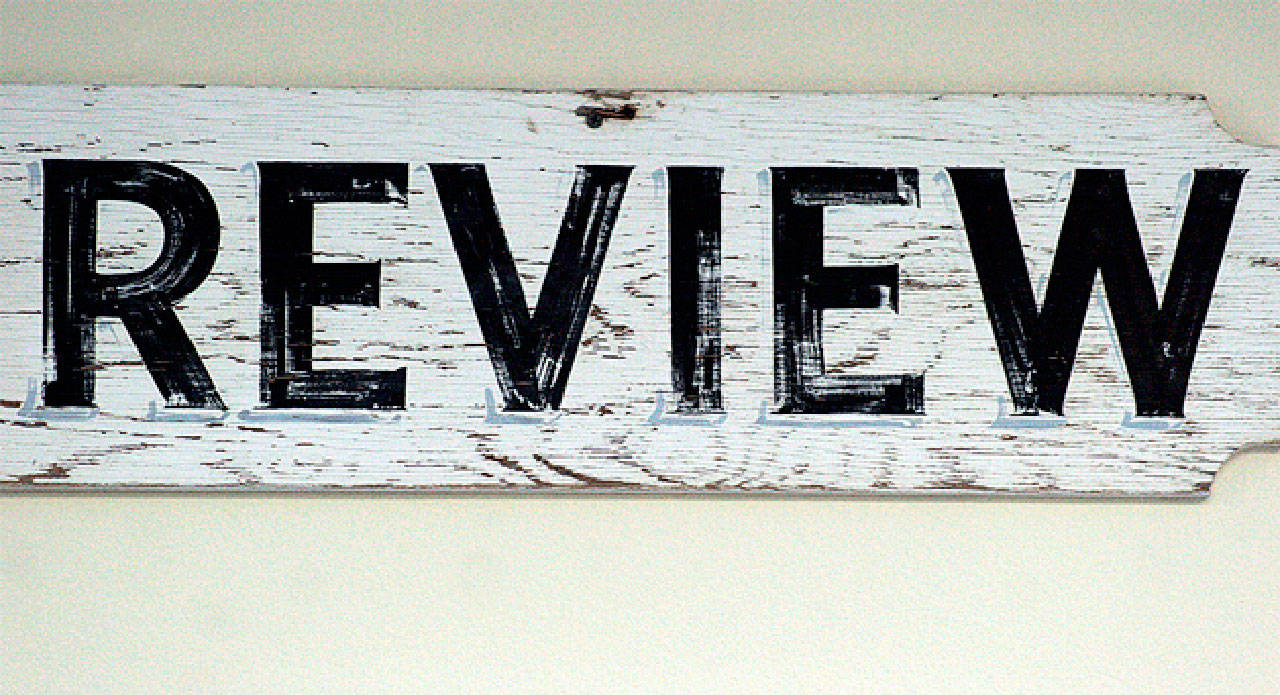We seldom praise the Bainbridge Island City Council members for something they didn’t do. This is one of those times.
At the suggestion of Councilman Wayne Roth, the council had a discussion about the Cultural Access Washington Program at a recent council meeting.
State law allows counties and cities to set up a Cultural Access Program, which is a tax-fueled pot of money that can be tapped by nonprofits to increase access to arts, heritage and scientific experiences.
Supporters of such a program on Bainbridge, and there are many, note that it could help improve access to such programs via a stable revenue source that can be used to expand programs or offer free or reduced admission prices. It would also help school children have more cultural experiences in and outside the classroom.
Some have been pressing the city to create a Cultural Access Program, stressing it could be a new economic driver on the island.
The creation of a local program would take a ballot measure, however, as such an effort would be funded by a voter-approved tax increase. New taxes to pay for the program could come from an increase in property taxes, or a 0.1 percent increase in the sales tax.
Supporters say it would raise sales taxes by a penny for every $10 spent (or an average of $18 per person, per year) and could bring in $421,000 to improve access to cultural organizations on Bainbridge.
Proponents had hoped the city would jump on board with the idea, and put it on the Nov. 7 ballot for a vote. At the council’s last study session, however, the proposal failed to gain traction.
One reason was no sign of support from the Bainbridge Island School District, which could be one of the main entities to gain from the program, and a lack of widespread, grassroots backing.
Another critical factor was the regressive nature of sales taxes, which are felt more deeply by people of more modest means.
Council members also noted the financial commitments, energy and staff time the city has already made to cultural efforts.
Those are all good reasons for taking a pass on this proposal.
Another vital one, though, is simply the voted-tax overload faced by property owners in recent years.
It seems that seldom an election goes by without another tax request put on voters. Already this November, voters will be asked to pass a library levy increase, and down the road, islanders may be asked for tax increases to pay for new trails and pedestrian paths. The park district will need a community center someday, and funding sources for a new police station or downtown parking garage are still unsettled.
Praise to the council for not adding another new tax hike to the mix.



